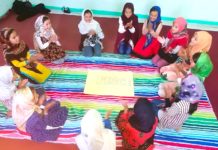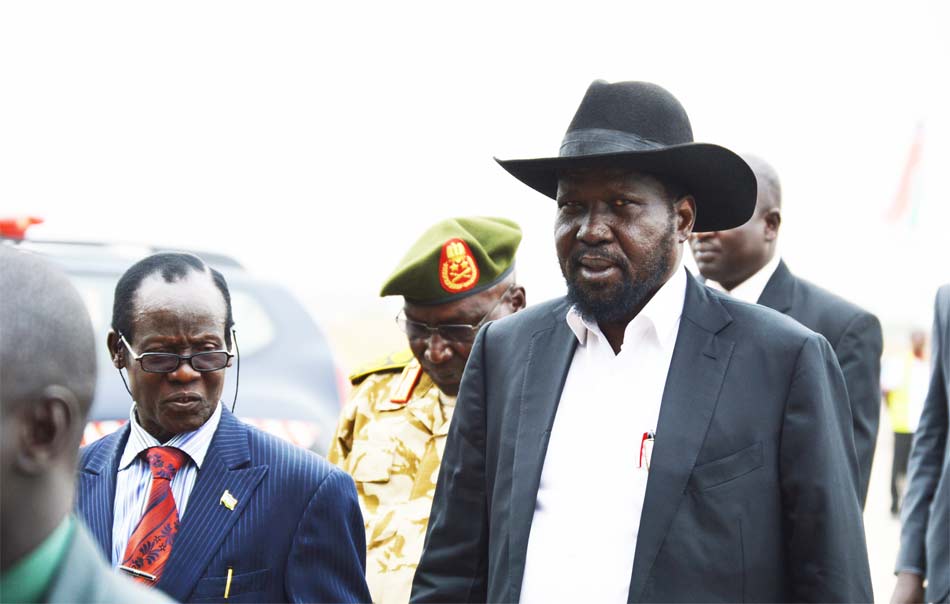5. Pan African E-Network Project (India-53 African Union Countries)
The Pan African E-Network is a joint project of India and the African Union. Its basic objective is to help Africa in capacity building by way of imparting quality education to students, through the best Indian universities and educational institutions, as well as to provide tele-medicine services by way of online medical consultations between African medical practitioners and Indian medical specialists in various disciplines.
The project also covers Continuing Medical Education (VME) for practicing doctors and paramedical sta!, with a view to updating and enhancing their knowledge and skills. The current total cost is about US$ 130 million, which will be a grant from the Government of India. The project budget covers all the expenses, software and hardware, for establishment of a satellite hub. Learning centres, tele-medicine centres, VVIP linkage, training and capacity building, technical support and operation and maintenace (O&M) for 5- year period.
6. The PROMESA Project (Argentina-Peru-Japan)
The PROMESA project (Project for the improvement of animal health, whose name in Spanish means promise) was conducted from November 2003 to April 2007. It was conducted under the Partnership Programme between Argentina and Japan for South- South Cooperation, called PPJA. This project enabled the transformation of structures and processes within the Animal Health Service of Peru, which permitted the introduction of changes in traditional methods of operation. The project idea originated in the approach to problems and opportunities for animal health adopted by the government of Peru in 2003, leading to exploration of possible benefits from Argentina’s experience with management tools, analysis, and development being carried under its Animal Health Policy.
7. Centre Songhai (Benin–Zambia–UNDP)
Named after a famous Catholic Archbishop of Kasama, whose dream was to establish an agricultural skills training programme for youths, the Elias Mutale ‘Songhai Model Training Centre for Sustainable Development’ has been established through South-South Coperation, to promote rural development and agricultural entrepreneurship among the youth. This was inspired by a tour involving Zambian stakeholders to the Songhai Centre for Sustainable Development in Cotonou, Benin, West Africa. The Songhai Centre has over the years researched, trained and promoted the concept of zero entropy; the agricultural production process where nothing is wasted and everything gets transformed. For example, into compost, which is used as manure in crop production are fed to livestock, perpetuating the cycle.
8. Blindness Reduction Campaign in Niger (Tunisia – Niger – IsDB)
This programme was carried through five short period campaigns between 2003 and 2008. It aims at training ophthalmologists and technicians as well as examining, operating and rehabilitating patients from deprived social environment. It was implemented by Nadi El Bassar, Tunisian NGO. The programme has achieved results beyond expectation. Within six days the team of Tunisian Ophthalmologists and technicians has examined/operated/rehabilitated 1200 patients, transferred know-how and trained local doctors.
9. Dengue Fever Outbreak Medical Assistance to Cambodia (Thailand – Cambodia)
In 2007 Cambodia experienced a sudden increase in dengue fever cases especially in children. Unable to successfully battle the near epidemic, Cambodia made an emergency appeal for international assistance. Thailand approved a fund of $580,000 to provide medical supplies, relevant equipment, and Thai medical staff. This programme was operated under the framework of the Ayeyawady-Chao Phraya-Mekong Economic Cooperation Strategy (ACMECS). This programme represents Cambodia, Lao PDR, Myanmar, Thailand and Vietnam. At the Second Summit of ACMECS in Bangkok in November 2005, $2,900,000 was pledged as seed money to support activities under the Declaration on Partnership in Combating Avian In”uenza and Other Infectious Diseases.
10. ‘Laço Sul-Sul’ (or Southern Ties Network Initiative)
The ‘Laço Sul-Sul’ (or Southern Ties Network Initiative) was launched in 2004 and is related to Brazil’s commitment to universalize the use of first-line AIDS treatment. The initiative targets seven Portuguese-speaking nations and Latin American neighbours (countries within Brazil natural sphere of influence) committed to fighting the disease. In this way, the Brazilian Government seeks to contribute to the strengthening of other nation’s domestic public and national efforts to support the universal access to antiretrovirals (ARVs) and their increased utilization, with a focus on pregnant women, adolescents, and children. Countries such as Cape Verde, Guinea-Bissau, Paraguay, São Tomé & Príncipe, and Timor- Leste have adhered to Brazil’s leadership, and participated in the first meeting hosted in Brasilia. Agencies and funds such as UNICEF and UNAIDS have also joined the endeavor.
(This article previously appeared in Global South Development Magazine’s October 2014 edition. Case studies mentioned here were cited from a UNDP commissioned report Enhancing South-South and Triangular Cooperation Study of the Current Situation and Existing Good Practices in Policy, Institutions, and Operation of South-South and Triangular Cooperation)










